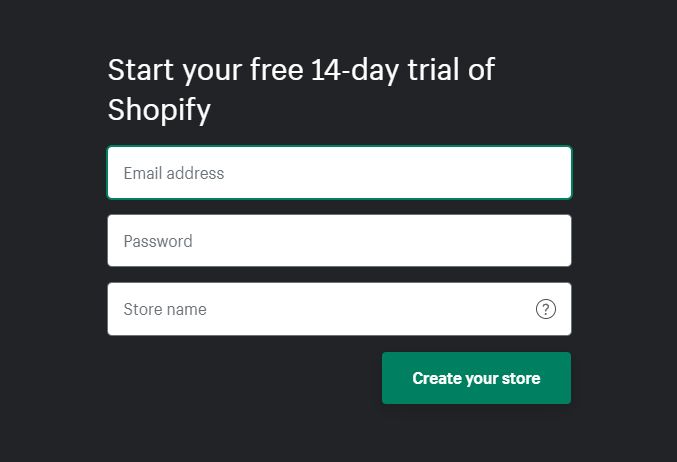Using a custom menu also means navigating that custom menu. The Navigation Menu Widget will help you to display custom links, categories and page in the sidebar of your blog. Before using the menu widget, first, you have to create a custom menu.
Below will be the instruction for you to perform that action.
The following video will show you a quick overview of how it works. Please scroll down for more information.


Please kindly follow these following steps to create your first custom menu:
1. Create a Custom Menu
Select My Sites, then choose Customize

Then select Menus tab.

If your theme: ···had a default/primary menu already, please select it to edit ···does not have a default/primary, select Add a Menu

Then please type a name for the menu. Select Create Menu

2. Add Menu Items
These following menu items can be added to your custom menu:
• Custom Link: adds a custom URL linking to another site.
• Pages: adds a link to another page on your site.
• Posts: links directly to a blog post on your site.
• Testimonials: links to testimonials
• Projects: links to a page of your portfolio projects.
• Categories: Shows a feed of blog posts from a given category.
• Tags: Shows a feed of blog posts from a given tag.
• Project Types: links to specific portfolio project types.
• Project Tags: links to specific portfolio project tags.
If you want to insert any of the above menu items:
- Step 1: Select Add Items

- Step 2: Select your desired item type. For instance: Pages

- Step 3: Choose how you want that type to be displayed. For instance, if you want to insert a link to your home page to the menu, select Home

You are able to insert more items. For example you can insert a link to your About page to the menu by selecting About.
Note: In case you want to insert a totally new page to your menu, it title can be added in the field named Add New Page. Your site will have a blank page and that page will be add to your menu automatically.
Choose a Display Location for this menu to be displayed on your site. The correct setting is depended on the theme you choose, as for main navigation. Normally, it will be Primary, Top, or Header. Your menu items will be automatically converted into corresponding icons for popular social media sites if the theme you are using offers a Social Links Menu. More specific information here

3. Organize your menu and add sub-menus/ drop-down menus
Choose Reorder link to rearrange the items on your menu:
···Select up/down arrow to change the position of a menu item up or down the list.
···Select left/ right arrows to insert or remove an item from a sub-menu/drop-down menu.

Drag-and-drop feature can also be utilized: ···Select a menu item and drag and drop it as your desired position( up or down).
A sub-menu/ drop-down menu item can be created by selecting a menu item and drag and drop it to the right, beneath the main menu item.
4. Delete menu items
The menu items can be removed by selecting them in setting. If you do that action, they will expanded, Remove button will appear. Select that button to finish your intention.

5. Editing the menu item text
You can achieve this action by changing the navigation label. Select the item in the setting on the left of Customizer. It will expand and a field for Navigation Label will appear. Type to insert your desired text here.

6. Save your changes
After you have finished everything, ensure to select Save & Publish to save your customization.
Frequently Asked Questions
Q: The Type of menu item I want is unsupported, what should I do? In case that happens, you can still edit these types at WP Admin Menus. Some previous formats currently are not supported in the new menu page but are still supported in WP Admin.
Q: It is showing a menu but when I go on my site the menu is not threr, how do I fix it? If your theme isn’t showing your default menu, try making any change to the menu and re-save — this should force the theme to use that menu. Q. Where is the feature X that was there before? If you want advanced featues, such as adding menu item descriptions, CSS classes, changing a link’s target or title attributes — please use WP Admin → Menus. Q. How do I create an un-clickable parent tab for my sub-menu? To create a menu item that is not clickable but will contain sub-menu items, add a Custom Link menu item and add the # symbol in the URL field.

Using a custom menu
The following example displays how it looks like when a custom menu is activated on a blog sidebar.

After you have added the widget to your sidebar in Customizer, the following widget settings will be displayed: • Title: To set the text of content which is displayed above the custom menu in the sidebar. • Select Menu: Use this to choose which of the custom menus that you would like to display.



